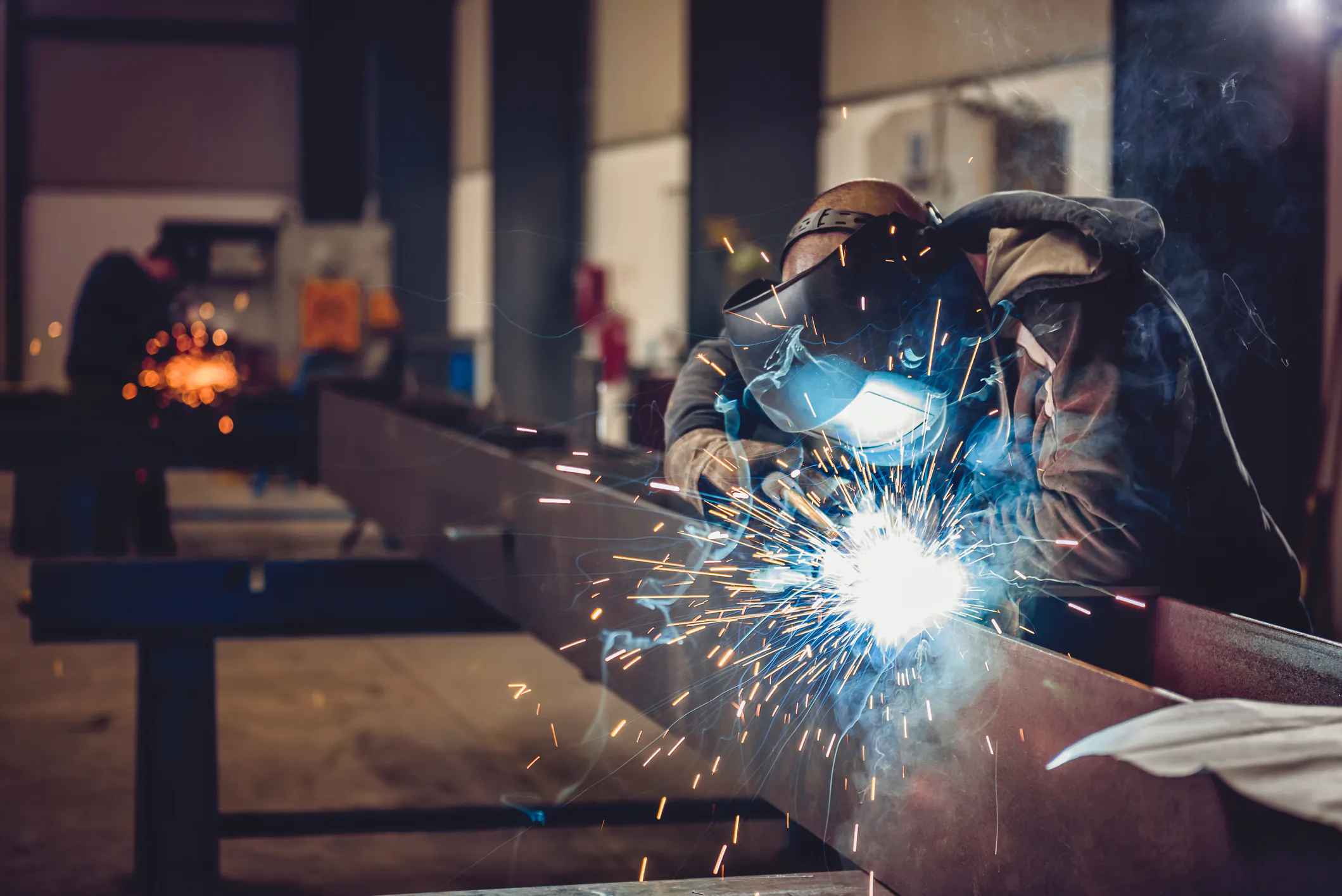In the heart of modern industry lies the art and science of metalworking machinery. This dynamic field has been instrumental in shaping the way we build, create, and innovate. From skyscrapers that touch the clouds to intricate parts in life-saving medical devices, metalworking machinery plays a pivotal role in manufacturing across various sectors. In this article, we’ll delve into the world of metalworking machinery, exploring its diverse types, techniques, and the pivotal role it plays in industrial evolution.
Unveiling Metalworking Machinery
Metalworking machinery encompasses a wide range of tools and devices designed to manipulate, shape, and form metal materials. These ingenious machines are at the forefront of the manufacturing process, ensuring precision, efficiency, and high-quality outputs. From shaping raw materials to creating intricate components, metalworking machinery forms the backbone of modern industrial operations.
Types of Metalwork
Metalwork takes on various forms, each requiring specialized equipment. Whether it’s cutting, shaping, welding, or forming, metalworking machinery caters to the unique needs of different applications. Let’s dive into a few key types:
- Metal Fabrication: This process involves the creation of metal structures through cutting, bending, and assembling. Complex frameworks, machinery parts, and even entire structures are crafted using this technique.
- Metal Shaping: One of the standout processes, metal shaping, involves using specialized machines to mold metal into desired forms. These machines, often referred to as shaping machines, come in various types tailored to specific shaping needs.
Exploring the Marvels of Shaping Machines
The cornerstone of metal shaping lies in the use of specialized machines known as shaping machines. These marvels of engineering bring to life intricate designs and patterns on metal surfaces. There are four main types of shaping machines that are commonly employed:
- Planer: This heavy-duty machine is perfect for larger workpieces and provides precision in flat surface shaping.
- Slotter: Ideal for creating slots and grooves, the slotter offers versatile shaping capabilities.
- Shaper: A compact machine used for small-scale shaping tasks, providing accuracy and efficiency.
- Broaching Machine: Employed for precise and complex shaping needs, the broaching machine creates intricate designs in metal.
Cutting and Shaping Machines
Cutting and shaping metal materials demand precision and accuracy. Enter CNC (Computer Numerical Control) machines, the game-changers in the industry. These automated devices are used for a variety of tasks, including milling, drilling, and cutting. Among the CNC family, CNC plasma tables and CNC lathes shine as innovative champions, bringing exceptional accuracy to metalworking.
The Many Faces of Metalworking Techniques
Metalworking techniques are as diverse as the metals themselves. Here are six common techniques used to shape and mold metals:
- Turning: Used to create cylindrical shapes, this technique involves rotating the metal while a cutting tool removes material.
- Milling: Perfect for creating intricate designs, milling uses rotating cutters to remove material from a workpiece.
- Welding: The art of joining metals through fusion, welding creates strong bonds that are essential for structural integrity.
- Forging: By applying force, forging reshapes metals while maintaining their strength and durability.
- Casting: Liquid metal is poured into molds, resulting in complex shapes as it cools and solidifies.
- Extrusion: This technique involves forcing metal through a die to create consistent profiles with cross-sectional shapes.
Unveiling the Beauty of Metalworking Techniques
A journey through metalworking wouldn’t be complete without exploring the techniques that give metals their distinct forms. Here are four prominent metalworking techniques:
- Water Jet Cutting: Harnessing the power of high-pressure water streams, this technique cuts through metals with precision and finesse.
- Plasma Cutting: Utilizing hot plasma to melt and cut through metals, this technique excels in both speed and accuracy.
- Die Cutting: Ideal for mass production, this technique uses sharp dies to create consistent shapes from metal sheets.
- Laser Cutting: Employing focused laser beams, this technique offers unparalleled precision in cutting intricate patterns.
Industrial Machinery in Action
An exemplary instance of industrial machinery is the adjustable spanner wrench. Manufactured using advanced metalworking techniques, this versatile tool exemplifies the precision and functionality that metalworking machinery can achieve. From its adjustable jaw to its ergonomic design, the adjustable spanner wrench is a testament to the ingenuity of metalworking machinery manufacturers.
In conclusion, the realm of metalworking machinery is a fascinating blend of creativity, innovation, and precision. From shaping metals with intricate designs to cutting them with laser-like accuracy, these machines have transformed industries across the globe. As technology continues to evolve, we can only anticipate more astounding advancements that will shape the future of metalworking machinery manufacturing.To learn more about the captivating world of metalworking machinery, visit Metalworking Machinery Manufacturing.



